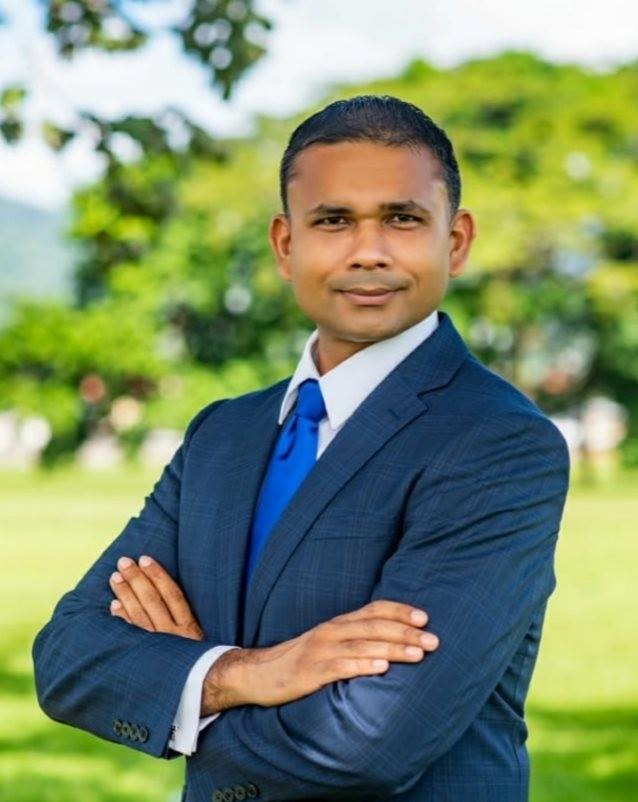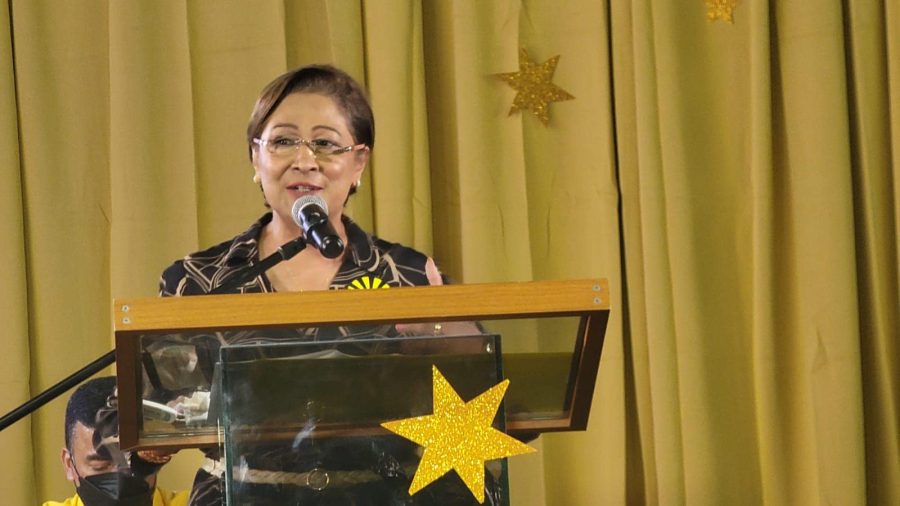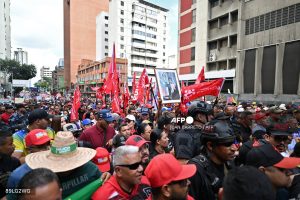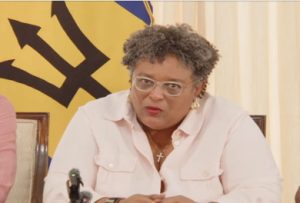AZP News Commentary

HAVING paid close attention to the piecemeal manifesto promises communicated by the opposition leader, I conducted some basic analysis on the potential impacts based on the information provided.
While the opposition leader, Mrs Kamla Persad-Bissessar was very big on promises which impact the expenditure side of this delicate equation, she was very silent on the revenue end of her plan, specifically how was she going to finance this? The more I examine the impact of these proposed populist policies of Mrs Persad Bissessar, the more I am convinced that this will be a fiscal and economic disaster for this country.
As I went through these manifesto initiatives, I couldn’t help but feel as if it sounded rehashed and a repeat of policies of the past. For example, no property tax, return of VAT exemption on 7,000 items and reduction in overall taxes.
Commensurate with this are proposed expenditure increasing measures such as increased public servicewages, increased subsidies and the possible reopening of the $2 billion a year, loss making refinery.
While these may sound like excellent policies to the man on the street, allow me to present a brief assessment of these impacts and show how it can take this country down a disastrous path.
The UNC in 2014 earned $58.4 billion yet spent $62.8 billion, borrowing $4.4 billion to fund the shortfall, while oil prices hovered close to $100 a barrel. $47 billion or 80% of revenue came from tax revenue, according to the Central Bank. In 2023, at oil prices averaging between $70 and $80 per barrel and similarly lower gas prices, government revenue stood at $53.8 billion. Based on this, if the UNC expenditure profile is placed against today’s revenue conditions, this country will be looking at a $9 billion deficit and immediate addition to debt.

However, this situation worsens when policies such as a fuel subsidy increase and other initiatives aimed at increasing our expenditure, are taken into account. The last UNC public service wage increase cost this
country $6 billion in back pay and permanently increased recurrent expenditure by roughly $1 Billion, during the difficult period of oil price collapse, however it was an obligation the government had to pay in 2015.
Fuel subsidies peaked at $7 billion in 2014 but averaged $4.5 billion in 2013 and 2015, according to the Ministry of Finance. Though the adjustment has been hard, this figure declined to under $1 Billion in 2016, 2017 and 2018 and in 2024 again this is anticipated to be $1 billion. Any fuel policy would entail increasing subsidies and possibly increasing expenditure by billions again.
While promises to reduce taxes tend to be a good sound bite and to the man on the street, it feels like more money in his pocket, this can have a very serious effect. Taxes currently account for close to 80% of government income and any reduction without a commensurate reduction in expenditure will mean a wider deficit and increased borrowing.
The fear mongering on the property tax issue has subsided and citizens are now seeing a reasonable, affordable amount, which will bring in hundreds of millions of dollars, intended to be spent in their local
communities through local government bodies. Removing this from the equation means having to either find this money elsewhere or decrease intended funding for local government bodies.
A UNC expenditure profile based on today’s revenue will lead to a significantly heightened deficit level. If these intended manifesto polices are to take effect, this country may well see a scary and disastrous circumstance of $15 to $20 Billion deficits annually which are not sustainable. Life may be good for a few years but eventually the crushing debt burden will bankrupt this country, collapse our social services and public service, increase prices in all utilities and possibly send tens of thousands on the breadline. We will be well beyond the IMF and saving at that point.
It is easy to manage a country when energy prices and production are at high levels, however, when prices collapse, as happened post 2014 and again in 2020 and when faced with a health and economic crisis like Covid-19, the true character of leaders and strength of policy adjustments show.
This country has faced many external challenges over the last decade and still stands strong with a resilient economy, maintaining the vulnerable in our society and continuing to create opportunities for growth and progress. Tinkering with this delicate balance to win an election will have one of two impacts.
It will either lead to economic disaster, as I just outlined, or place a potential government in a position where it must renege on its promises when faced with the economic and financial reality.
Vyash Nandlal is an economic researcher and advisor in the Office of the Prime Minister with more than 14 years’ experience in the field of economic and financial research and analysis. He holds professional qualifications in Economics and Finance and serves on the boards of several private, state and non-profit organisations.
See UNC manifesto in story below:
![]()











